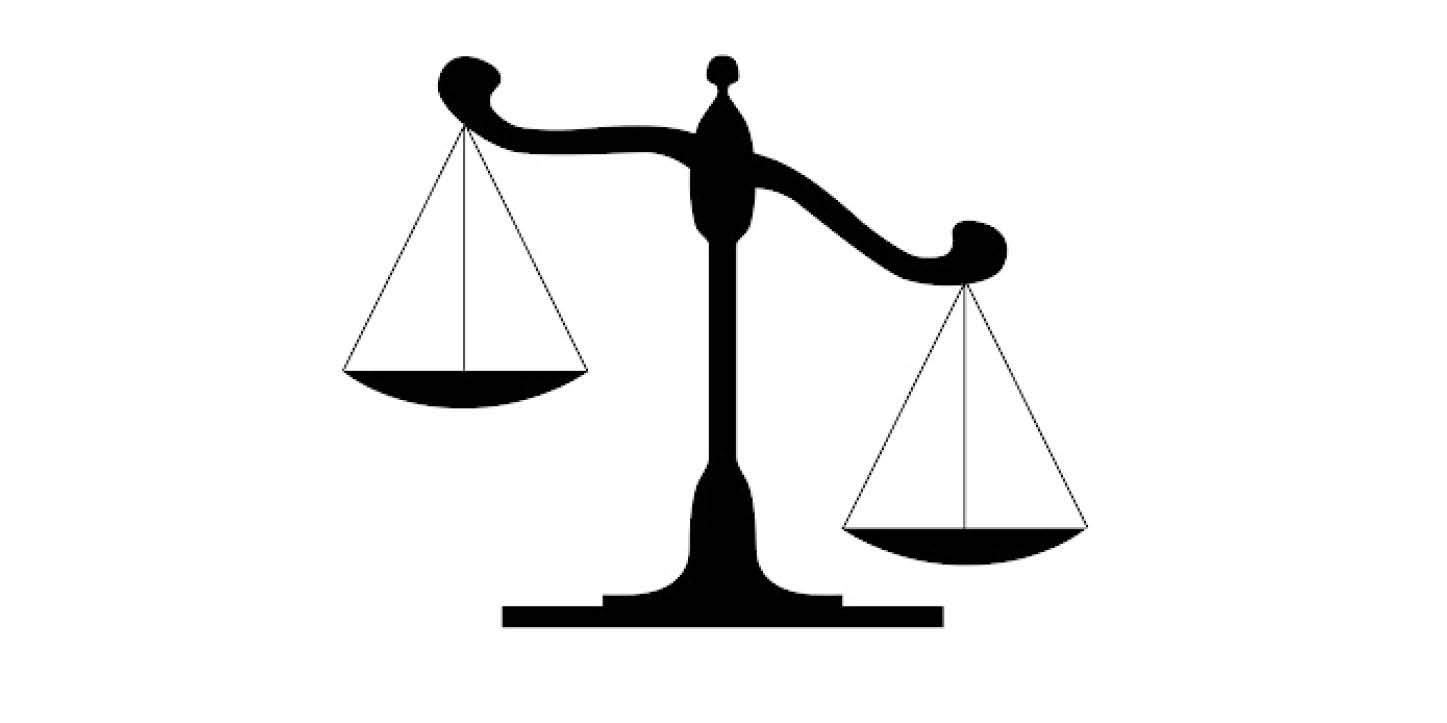On 6th December, 2021, revered lawyer, Fali S Nariman, appearing on behalf of the Surat Parsi Panchayat (SPP) Board, took on the legal battle in the Supreme Court, to preserve the Parsi community’s right to ‘Dokhmenashini’ – the traditional practice of submitting the corpse to the elements of nature, at the Tower of Silence. Arguing before a bench of Justices D Y Chandrachud and A S Bopanna, Nariman said that the Covid-19 pandemic guidelines allowed only burial or cremation of bodies, thus having made no provision for Parsis to carry out this crucial practice.
Nariman said, “In our faith, even the family members cannot touch the body of a deceased. It is the Nasesalars (corpse-bearers) who handle the body and take it to the Tower of Silence. Coronavirus-caused deaths are increasing in the Parsi community. In Surat alone, there were 13 deaths.” He said the rituals were essential for the disposal of the bodies and that Article 21 rights were available not only to a living person but also to the dead.
The bench agreed and disapproved of the manner in which the Gujarat High Court had earlier disposed of the issue, terming it as ‘academic’. “It is a live issue,” Justice Chandrachud said and issued a notice to the Union government, seeking its response by the second week of January 2022. The bench however, also added, that the rituals would need to be modified, to bring it in sync with other Covid guidelines.
The petitioner Board argued that most Parsis prefer Dokhmenashini as the final rites for the deceased, but due to the Covid-19 guidelines for management of dead bodies, Parsis are not allowed to perform Dokhmenashini. After the SPP had approached the Gujarat HC, the Bombay Parsi Panchayat too had decided to move the Bombay HC, stating similar grievances.
In its July 23rd judgment, the Gujarat HC had stated that the issue raised in the petition had become “academic” and that the guidelines, “issued in the larger public interest considering extraordinary circumstances prevailing in the country would take precedence over the individual interest as also over the religious faith and belief of a particular class of the community.”
- દિકરી એટલે બીજી માં… - 20 April2024
- નાગપુરની બાઈ હીરાબાઈ એમ. મુલાનદરેમહેરનો ઇતિહાસ - 20 April2024
- વિશ્વ ભારતી સંસ્થાન દ્વારા રતિ વાડિયાનુંસન્માન કરવામાં આવ્યું - 20 April2024
